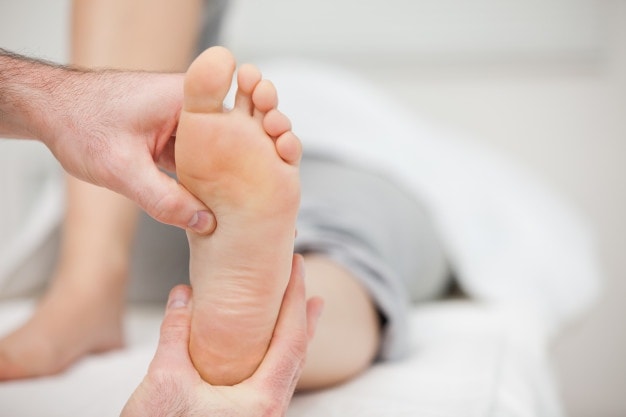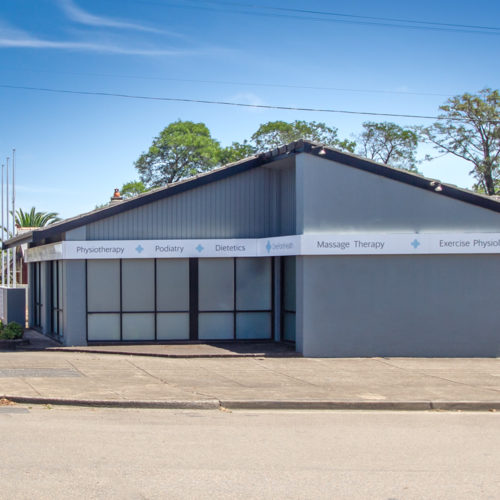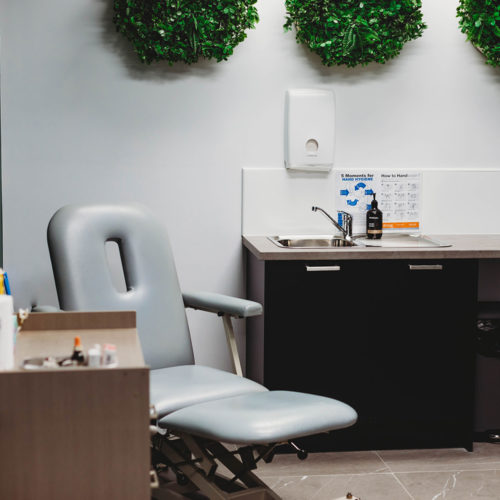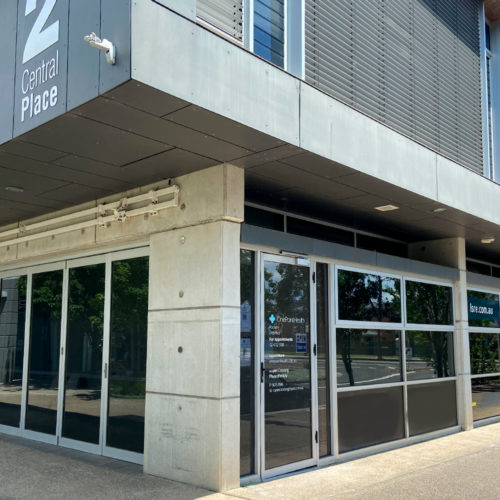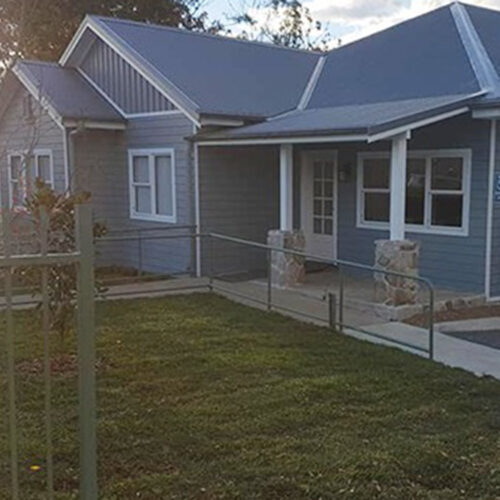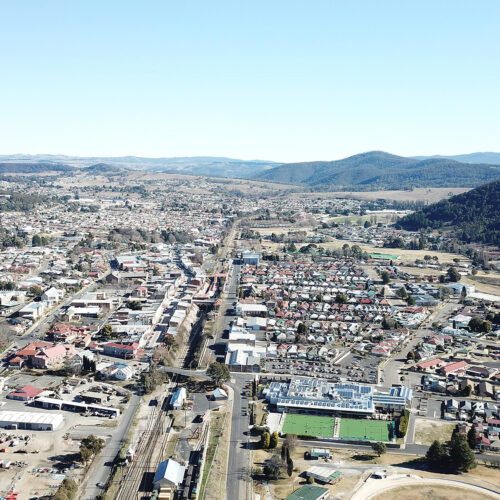What happens to the body when you have a massage?
The Circulatory System
You might also know this as the cardiovascular system.
There are two types of circulation around the body; blood and lymph flow. Have you noticed when your muscles feel tight? or when you’re sick and your glands are swollen? or you have some muscle pain? this can occur when circulation is poor.
How massage therapy helps the cardiovascular system
Massage Therapy helps promote blood and lymph flow through the muscles by causing friction between your skin and our hands. This helps dilate the blood vessels (making them bigger) to help the increase the flow and remove waste products from the blood. Increasing the blood/lymph flow is important for three main physical reasons:
- Increased Vasodilation (more room for more blood),
- Increased Capillarisation (uber for the muscles)
- and Increased Venous return (blood back to the heart).
Vasodilation is the widening of your blood vessels allowing the blood vessels to become more open allowing more blood flow around the body. Capillarisation feeds the muscles with nutrients transferred from the blood. Venous return is the rate of blood flow back towards the heart, less blood pumped around the body means the heart has to work harder. Massage therapy works with the heart by reducing its workload improving the surface circulation. The relaxing response received from massage therapy has a further benefit in helping to reduce stress and anxiety via the sympathetic nervous system which is your fight or flight response.
Anyone with existing heart conditions should seek medical advice before getting a massage.
The Respiratory System
What is the respiratory system I hear you ask?
In addition to the lungs, your respiratory system include airways, muscles, blood vessels, and tissues that help make breathing possible.
How massage therapy helps the respiratory system
Massage plays an important role in training the body how to relax and help improve breathing. It does this by reducing the heart rate, blood pressure and breathing rate through slow, deliberate and controlled strokes. When any of the muscles in the chest, stomach as well as the upper back are tight for a long time or shortened either due to stress or bad posture, it can make your normal breathing difficult.
I briefly mentioned in previously about the sympathetic nervous system which is your fight or flight response. Being in a constant state of stress or anxiety can release Cortisol, our fight or flight response hormone. Signs of this can be shown via quickened or shorter breathing.
Did you know that after the body’s perceived threat is gone, it takes between 20 to 60 minutes for the body to return to normal levels?
High levels of cortisol have been linked to many stress-related symptoms and illnesses including sleep deprivation, anxiety, inflammation and aggression. Massage can help reduce levels of cortisol levels, returning the body and mind to a more balanced state.
Massage therapy can not only improve breathing and reduce stress, but also posture. This helps open the chest area ensuring that your rib cage is in the correct alignment needed for optimal lung function (more air)
Not only will massage therapy help relax muscles, it can also help individuals become aware of their daily stress levels and can also help you enjoy a more balanced life.
The Skeletal System
The Skeletal System protects and supports the body tissues and internal organs.
Did you know that the human skeleton contains 206 bones? The largest bone in the body is the thigh bone (femur).
How massage therapy helps the skeletal system
Massage works in a not so obvious way. Increased blood circulation sends more oxygen and nutrients to the bone, this process also helps the muscles become more flexible and the joint movements to increase. Healthy bones require a substantial blood flow to supply the right amount of oxygen and nutrients, to eliminate carbon dioxide, acid and other metabolic waste products that can accumulate. The quality of blood vessels that supply blood to bone tends to decline with age and may contribute to physical illnesses such as diabetes, anaemias, arthritis and reduced joint and muscle mobility.
Massage therapy helps functional efficiency (how your body normally operates) in terms of the necessary stiffness and support the body requires to resist gravity. Physiological benefits of massage on the skeletal system include improving muscular balance which also helps the bones be in the right place. Tight muscles can pull your bones out of alignment, Not only does poor posture look bad but it forces some muscles to work much harder while others get weaker. Poor posture has other effects too, for example when you slouch, you’re pressing down on your internal organs which can affect digestion.
Massage can be a first step in reducing pain in the joints and reducing muscle stiffness through increasing blood circulation to the bones. It can also relax and loosen the muscles that become sore from bad posture. Once your muscles are relaxed this will allow your bones to position themselves in their natural-and pain-free-position.
The Muscular System
Muscles help you move, contribute to joint stability and help maintain posture.
How massage therapy helps the muscular system
A deep tissue massage is used to break down adhesions (commonly known as knots) it also helps increase muscle flexibility as well as either increase or maintain the full range of movement in joints.
Do you sometimes feel “knots”? It may feel like a small, bump-like areas of muscle that can sometimes be painful to the touch. They can reduce muscle function and reduce the full range of movement in a joint. If you leave these knots untreated long enough it can often lead to that muscle being used less and when you don’t use a muscle as much it then becomes weak.
If muscle imbalance occurs, problems such as poor posture can result. This can be due to one group of muscles being weaker than another. If your muscle condition is poor due to muscle weakness, injuries can occur such as pulls and tears.
Massage therapy uses various techniques to remove these knots such as palms, fingertips and thumbs to increase the muscle temperature. By increasing the temperature of the muscle, it will enable the fibres to be softened and any bumps smoothed out and back into normal muscle alignment. The benefits of maintaining healthy muscles through massage are that muscles relax as well as reduced muscle tension and tightness. Having healthy muscles can also help you maintain daily actives easier as muscles are less likely to fatigue because they are working properly.
The Digestive System
What is the Digestive System?
It is a system that breaks down food into usable nutrients via the mouth, esophagus, stomach and intestines. It is also responsible for eliminating waste from the body. Digestive problems are extremely common. According to Australia’s Health Survey 2012, approximately 1 in every 10 Australian adults experience digestive problems on a daily basis!
How massage therapy helps the digestive system
Massage therapy can do great things for your digestion. Did you know that without good blood circulation your digestion becomes sluggish? Lazy bowel syndrome, also called sluggish bowel and slow gut, is a condition with symptoms of constipation and painful bowel movements. “Fifty per cent of Australians experience digestive upsets and one in seven experience distressing gut symptoms that can affect their quality of life,” said Dr Gilly Hendrie, CSIRO Research Scientist and report co-author.
A whole-body massage, with the focus of light, gentle pressure in either the stomach or lower back can help to increase circulation throughout the entire body, including your digestive system. Reflux, indigestion, nausea, constipation, diarrhoea, flatulence … Any sound familiar? Massage stimulates peristalsis (wavelike contractions that moves food through the intestines), decreases bowel transit time and increases the frequency of bowel movements. Massage also reduces tension in muscles in your lower back that can cause discomfort and pain.
It is estimated that about 80% of your immune system’s home is your digestive system. Keeping it running smooth is the key to keeping your whole body healthy.
